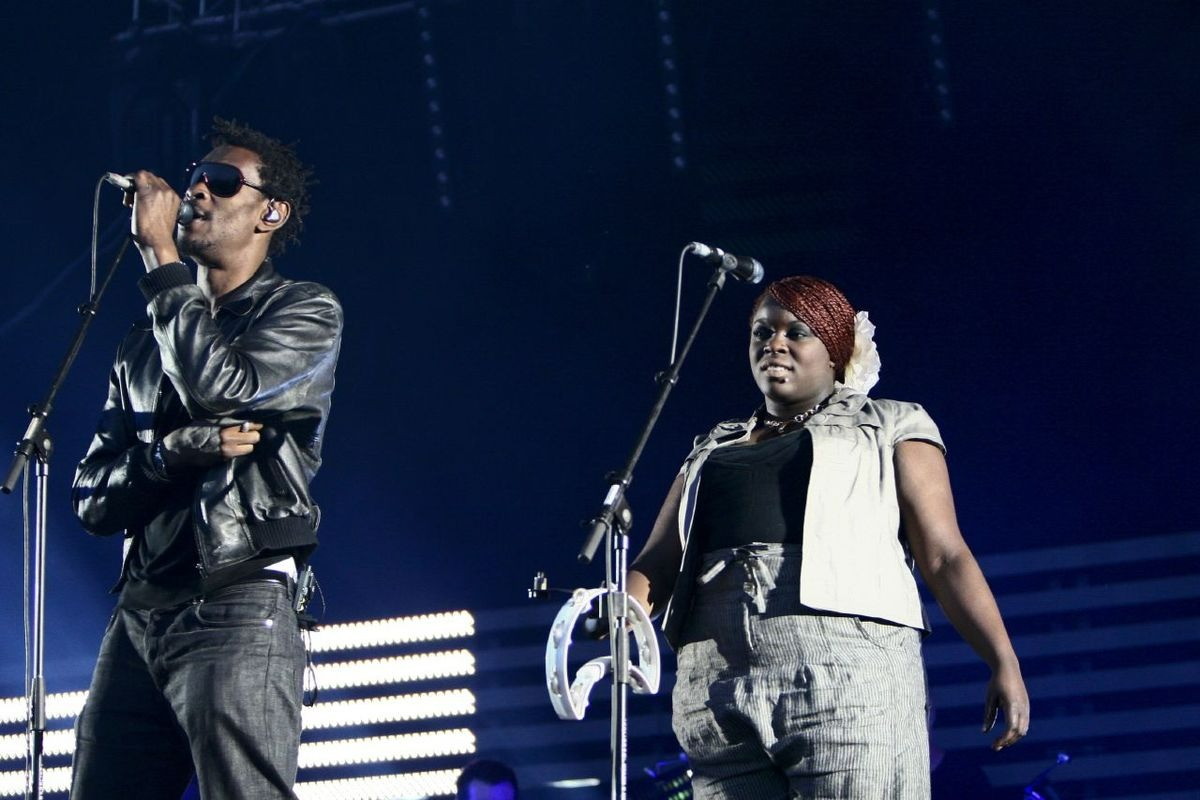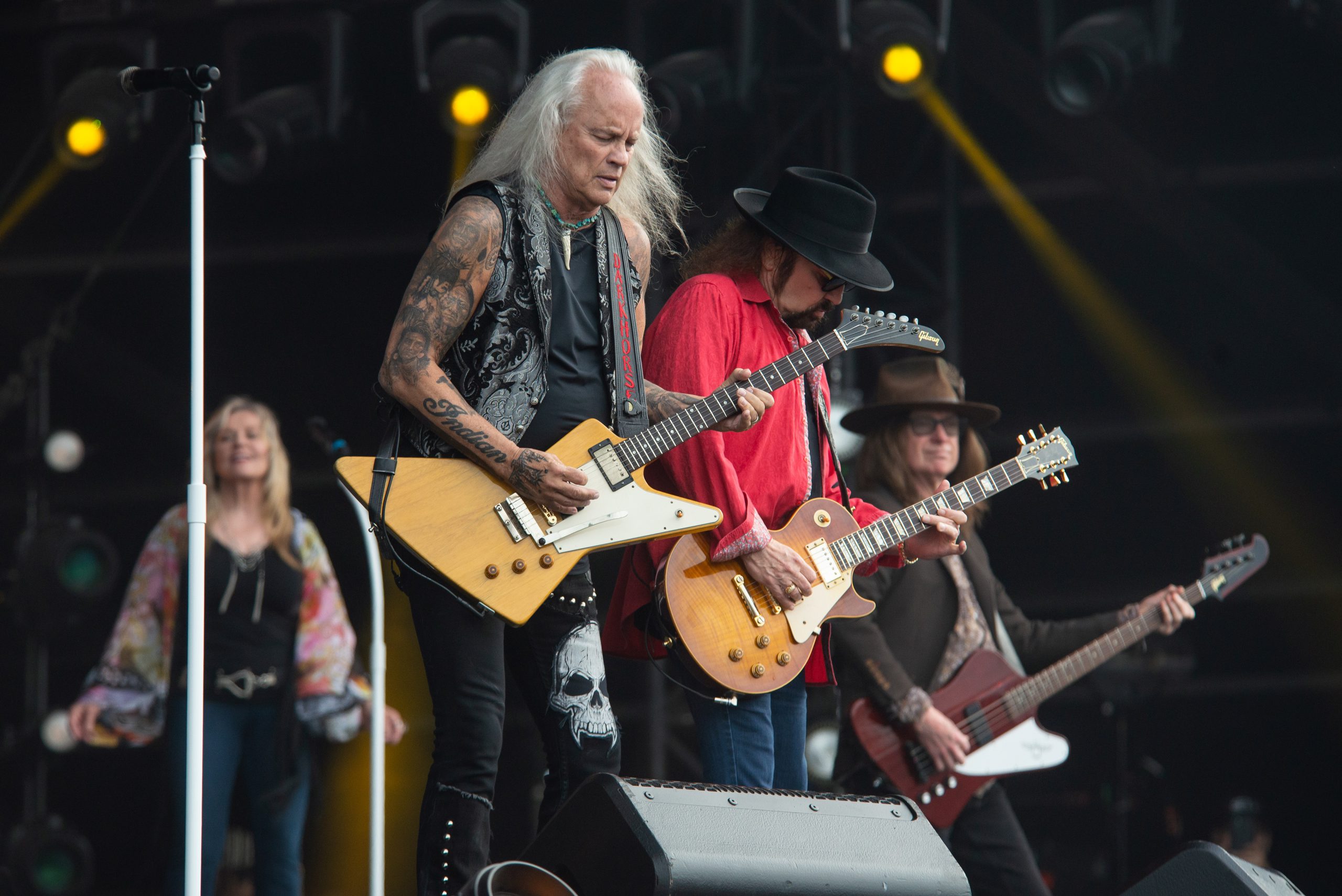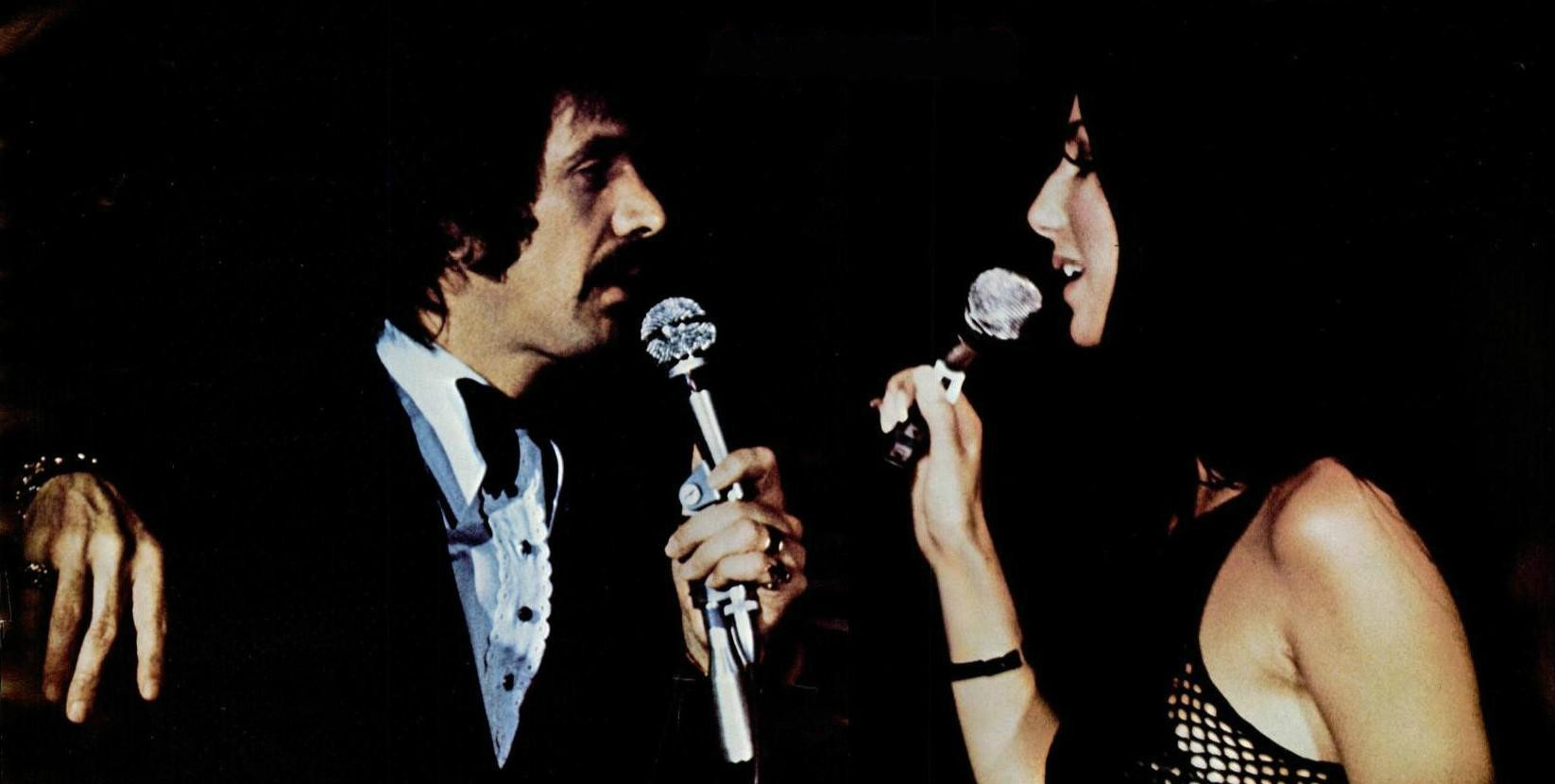Major-label artists rarely bite the hand that feeds them, but Massive Attack’s global Spotify removal forces Universal Music Group to choose between profits and principles. The influential Bristol trip-hop collective has formally requested their entire catalog’s removal from Spotify worldwide, citing CEO Daniel Ek’s $700 million investment in military AI startup Helsing. With nearly eight million monthly listeners, this isn’t another indie band making symbolic gestures—it’s an established act weaponizing their commercial leverage for political activism.
When Streaming Revenue Funds Weapons Development
The band argues fan spending now indirectly bankrolls lethal military technology through platform investments.
Massive Attack’s protest targets Ek’s massive stake in Helsing, a company developing AI-powered military drones and fighter aircraft technologies. The group describes this connection as creating “lethal, dystopian technologies” funded through the streaming economy. Your monthly Spotify subscription, they argue, doesn’t just pay for music discovery—it helps develop weapons systems.
This economic chain from playlist streams to military applications represents a new frontier in artist activism. Personal consumption choices now carry geopolitical consequences that previous generations of musicians never had to navigate.
Echoing Apartheid-Era Cultural Boycotts
The band invokes historical precedent while joining the broader “No Music For Genocide” movement.
Massive Attack explicitly parallels their action to anti-apartheid cultural boycotts, positioning current Israeli military actions as requiring similar artistic response. Simultaneously, they’ve requested removal from all streaming platforms within Israel as part of the BDS movement.
This dual approach distinguishes their protest from Neil Young’s earlier Spotify exit over platform moderation issues. Unlike recent departures by acts like Xiu Xiu, King Gizzard & The Lizard Wizard, and Godspeed You! Black Emperor—mostly independent artists with direct catalog control—Massive Attack must navigate major-label bureaucracy.
Major Label Leverage Creates Industry Pressure
Universal Music Group faces unprecedented artist demands to prioritize ethics over streaming revenue.
As of September 18, 2025, Massive Attack’s catalog remains technically available on Spotify while removal processes through Universal’s systems. This timeline difference highlights the complexity major-label artists face compared to independent acts who can exit platforms immediately.
The delay also amplifies pressure on Universal to respond to artist ethical demands—setting precedent for how labels handle similar requests. If successful, Massive Attack’s action could inspire other established acts to leverage their commercial value for political activism, fragmenting streaming catalogs along ethical lines rather than just economic ones.

























